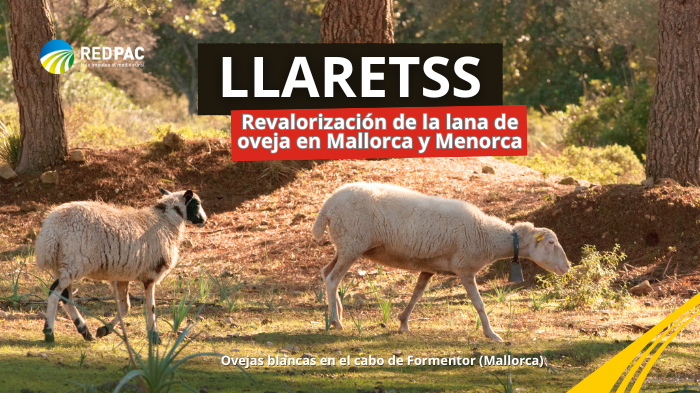
26 de January de 2024
The Local Action Groups on these islands have launched a LEADER project to "revalue wool in the context of a green and circular economy" with the goal of recovering new ways of utilizing it and avoiding its current negative impacts.
- The "LLARETSS" project combines the efforts of the Local Action Groups of both islands to promote the increase in the value of sheep wool.
- The actions involve the recovery of agricultural and artisanal uses and research into new forms of use.
The use of wool is one of those practices that has existed for centuries and is clearly in decline today. The use of synthetic fibers in the fashion world, as well as the dispersion of farm operations, have made the effort required to collect this byproduct no longer worthwhile for many farmers.
However, the Local Action Groups (GAL) Mallorca Rural and the LEADER Island Association of Menorca agreed at the end of 2023 to begin a project to minimize these impacts and return wool to a place where it contributes much more than it can take away for many professionals.
This interest stems from the traditional prestige of the native breeds of both islands. Species such as the white sheep and the red sheep produced high-quality, soft, and durable wool, very useful for making fine clothing and textiles. Furthermore, their cultural significance also positions these sheep as a key vestige of the natural history of these Balearic Islands.
Actions
The Menorca GAL explains how this wool, "as an animal byproduct, is considered waste," which often ends up being burned, also causing damage to the ecosystem. Otherwise, it ends up accumulating on farms.
To prevent this, the LLARETSS (Llana Sustainable and Healthy Textile Resource) project was created to "revalue wool in the context of a green and circular economy in Mallorca and Menorca." In other words, by recycling a byproduct that causes these problems but has many benefits if used correctly, the use of a natural resource is promoted, thus avoiding the use of synthetic fibers and fostering "Kilometer Zero" trade.
LLARETSS consists of a plan with a series of objectives :
- Recovery of agricultural and artisanal uses.
- Research on new uses.
- Identification and promotion of professionals and industries related to the wool sector.
- Sharing knowledge between different experiences and islands.
- Raising awareness of the current situation of the sector and the results emerging from the project.
To this end, both GALs have planned joint actions :
- Definition of the potential uses of wool fiber from each native sheep breed on both islands (for textiles, fertilizers, construction, etc.).
- Promoting advice, training, and innovation in the use of wool in the artisan and artistic sector.
- Holding an event to present the project's results, share the knowledge learned, and highlight interesting initiatives for the wool sector.
In addition, each island has a series of other specific actions:
- Minorca:
- Diagnosis of the current situation of sheep wool on the island.
- Promoting training, advice, and innovation to maximize the use of agricultural wool from farms.
- Majorca
- Identification of good livestock practices to obtain high-quality wool, such as proper feeding, shearing, fleece selection, etc.
- Development of a best practices guide to help farms obtain quality wool. The project has already conducted a course on wool composting and other agricultural uses last November, and has since continued with a series of pilot tests on wool composting on eight farms in Menorca, which will run until May.
It has also launched a questionnaire available to sheep farmers with the aim of taking action with more precise information.
Partners and financing
LLARETSS is coordinated by the LEADER Island of Menorca Association , which works cooperatively with Mallorca Rural . The project is included in the financial allocation of the Participatory Local Development Strategy 2014-2020—which is active until October 2025—and is awaiting approval for EAFRD funding within the framework of the Balearic Islands Rural Development Program, in collaboration with the Menorca Island Council.











